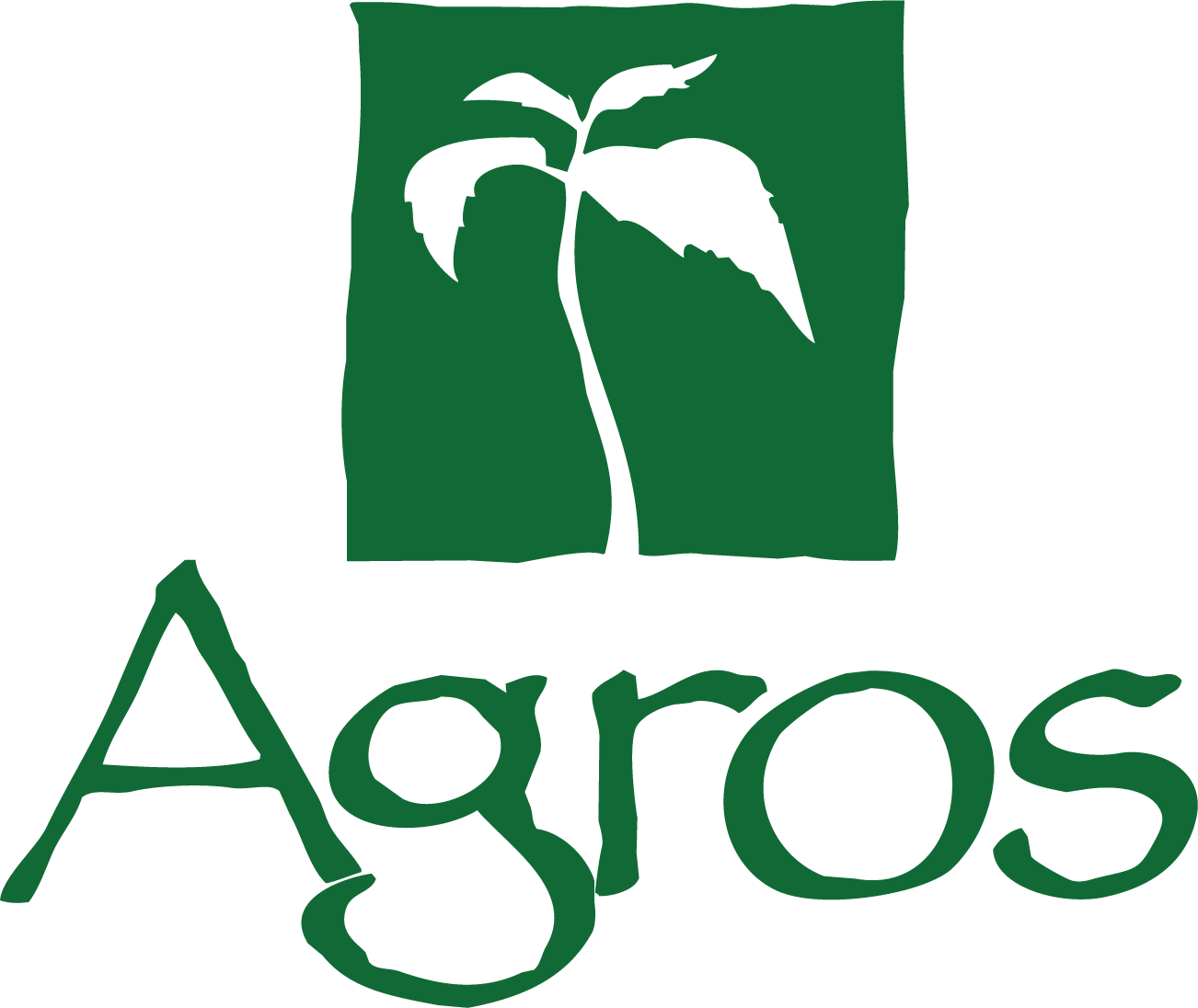Farmers like Juana, Polo, and their fellow farmers in Nicaragua are facing unprecedented challenges as they begin the planting season. Challenges that you can help alleviate. You can provide hope to a family in a desperate time.
The cost of fertilizer has risen 211% in the last year, so Agros wants to be able to relieve this burden. We need your help to pay for the equipment and necessary support to transition more farmers to biofertilizers, instead of the harmful chemical fertilizers.
Because of the urgent need for support during the planting season, a generous donor has stepped up to offer a matching fund up to $25,000.
That means if you give a gift before July 1, your gift will be MATCHED for double the impact!

